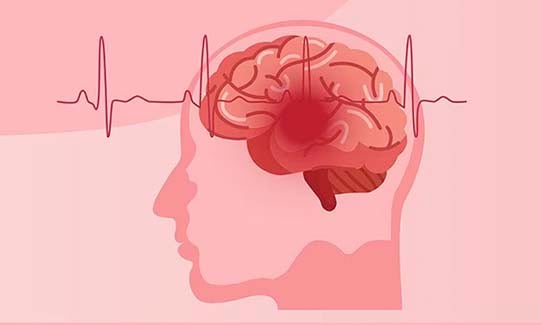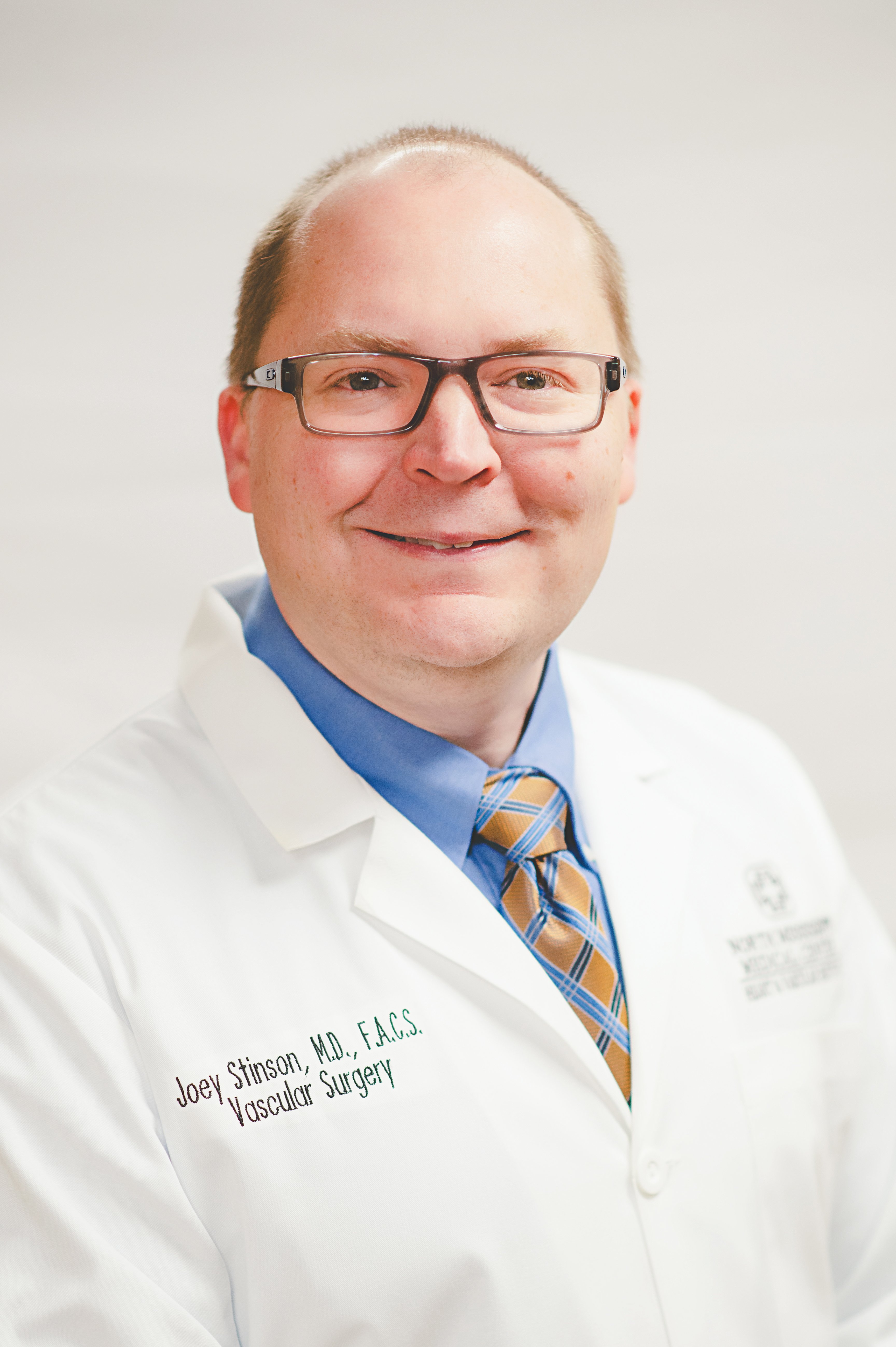



Summary
Blocked carotid arteries can disrupt blood flow to your brain and cause an ischemic stroke.
Blocked carotid arteries occur when plaque builds up in the main blood vessels to the brain. Eighty percent of strokes are ischemic strokes, where part of the circulation to the brain is cut off, usually by blockages in the carotid arteries. Here are 10 things you should know about carotid artery disease:
1. What is plaque?
Plaque is the accumulation of fatty deposits and calcium in arteries over time.
2. What puts me at risk for carotid disease?
- Smoking
- High blood pressure
- High cholesterol
3. What are some of the symptoms of a stroke?
- Numbness/weakness in your arms or legs
- Slurred speech or facial drooping
- Blindness in one eye with the feeling of a black window shade being pulled over your eye from top to bottom.
4. How can you tell if I have carotid disease?
A quick and painless test called an ultrasound can be done to determine the degree of stenosis (abnormal narrowing of blood vessels) that you have.
5. Can I treat my carotid disease without surgery?
Yes and no. For mild disease, aspirin, a statin (cholesterol medicine) and lifestyle modification (smoking cessation) can prevent worsening of your plaque buildup. However, surgery or stenting is the only treatment for severe plaque because medications alone cannot dissolve the plaque that is already present.
6. What are my treatment options for carotid disease?
- Medical management with lifestyle modification for mild disease (<50% narrowing of your carotid artery). This is also necessary before and after surgical interventions.
- Carotid endarterectomy, a surgical procedure involving an incision on the neck to remove the plaque buildup on the inside of the artery. The removal improves blood flow to the brain and decreases the risk of a future stroke. This procedure is the oldest and still the best overall option for severe carotid disease.
- Carotid stenting, which involves placing a stent on the inside of the carotid artery in the area of blockage to expand the narrowed artery and decrease risk of stroke. Carotid stenting can be performed two ways:
- Transfemoral approach: A catheter is placed from your groin into your neck then a stent is inserted in the diseased area of the carotid under X-ray guidance
- TransCarotid Artery Revascularization (TCAR): This is the newest way of placing the carotid stent and is a hybrid approach that involves aspects of endarterectomy and transfemoral stenting. Only institutions with a specially trained vascular surgeon can perform this procedure
7. Will surgery or stenting restore the function I have lost from my stroke?
Unfortunately, no. Intervention will not restore what you have lost. Surgery and stenting can help prevent future strokes.
8. What can I expect after my procedure?
Any intervention will require at least one night’s stay in the hospital. Once you get home, expect to have some soreness at your incision/access site, but most patients are back to their baseline functional status in a week.
9. What other problems might carotid disease cause?
Carotid disease is caused by a systemic process known as atherosclerosis. This process can lead to peripheral artery disease (plaque buildup in your legs/arms) and heart disease.
10. Where can I get my carotid disease evaluated and treated?
The Society for Vascular Surgery (SVS) website has a search option to help you find an appropriate provider near you, as well as more information on vascular disease.
NMMC provides complete carotid care, as well as other vascular services. Learn more


Joey Stinson, MD
Dr. Joey Stinson is a vascular surgeon with Cardiothoracic and Vascular Surgery Clinic. A native of Opelika, Alabama, Dr. Stinson relocated to Tupelo for an opportunity to build a top-notch vascular program in 2015, shortly after completing a vascular surgery fellowship at the University of Mississippi Medical Center in Jackson. He has a special interest in carotid disease, abdominal aortic aneurysmal disease and peripheral vascular disease.
For an appointment with a heart or vascular specialist, call 1-800-THE DESK (1-800-843-3375).

Subscribe to Our Newsletter
Like this content and want to get more? Sign up for True North, the health and wellness newsletter from North Mississippi Health Services!

Subscribe to Our Newsletter
Like this content and want to get more? Sign up for True North, the health and wellness newsletter from North Mississippi Health Services!

Nurse Link®
Call 1-800-882-6274 anytime to speak directly to a registered nurse and get immediate answers. Using computerized medical protocols, nurses direct callers to the most appropriate medical treatment. Our nurses are available 24 hours per day, seven days per week.